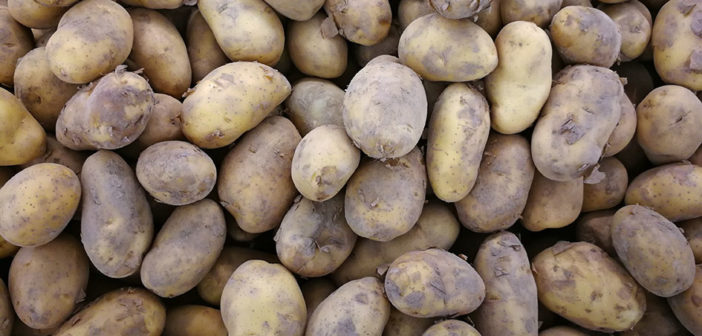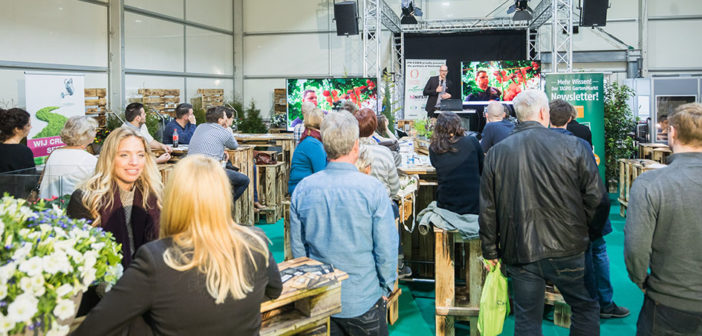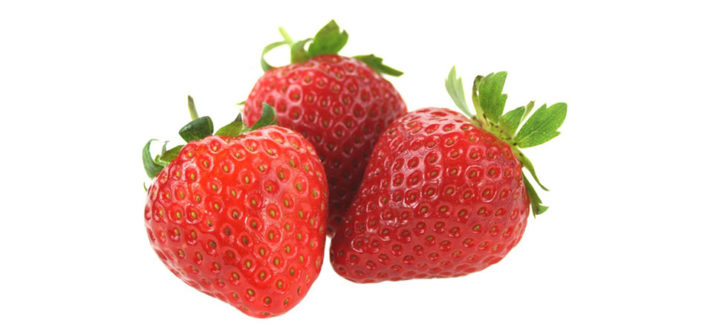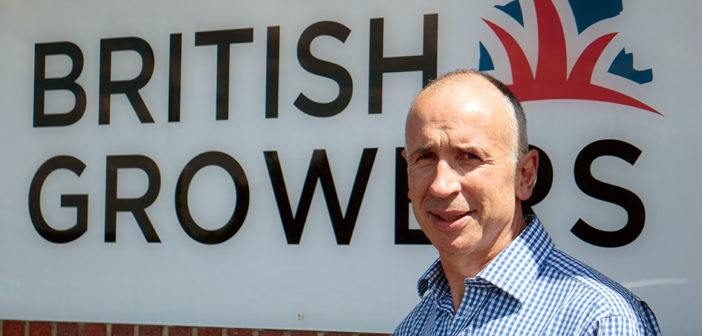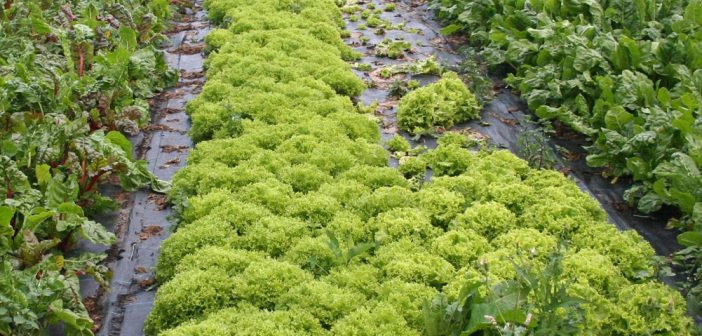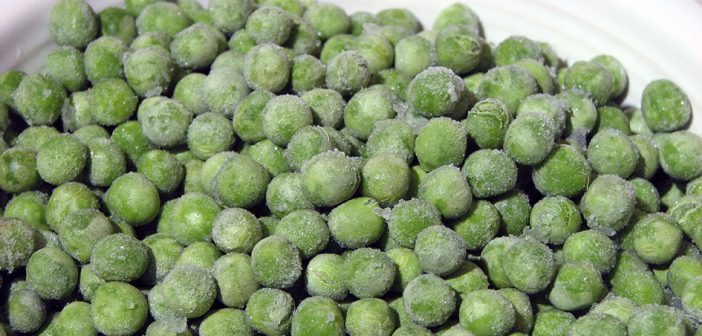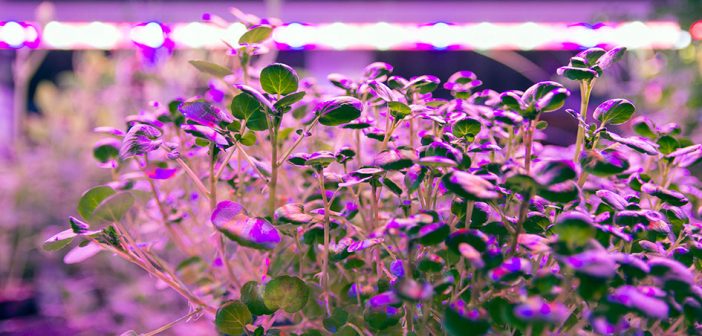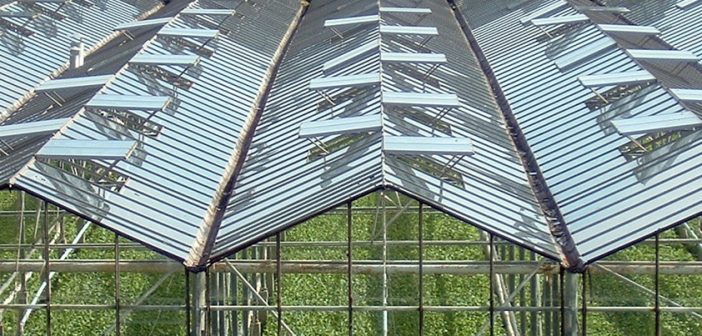Greengrocers and wholesalers say that they are benefitting as consumers shun plastics and packaging following the television series Blue Planet II.
According to reports, so-called millennials are looking for more sustainably produced produce and want more information about what they are buying. “We’ve definitely seen an increase in millennials coming to buy fruit and veg at the market,” said David Matchett, development manager at Borough Market in London. “They want to connect with their food and see where it comes from – greengrocers and markets can help with that. Millennials are interested in different sustainable diets so they come to ask our traders about it and can get informed. They really care about climate change and come here because we use minimal packaging.
“Food of a higher value is appreciated by this generation who are becoming more aware – you need personal contact with people who know about the food at the greengrocers or the market.”
Greengrocer Grant Fox, of Seasons of England, said, “We have loads of young customers. I would say (millennials) care about seasonal produce and their carbon footprint. 90 per cent of our plants aren’t wrapped in plastic – they’re all loose.”
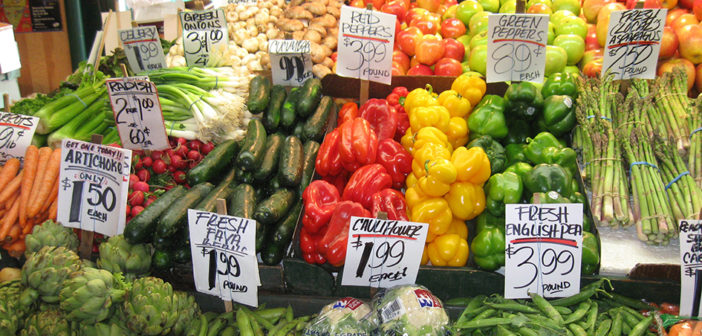
Photo Credit: Wikimedia Commons
The post Greengrocers benefit from plastics backlash appeared first on Hort News.

